PRESERVING A MILITARY LEGACY FOR FUTURE GENERATIONS
The following Reflections represents SGT Rafael Irizarry-Laporte’s legacy of his military service from 1966 to 1968. If you are a Veteran, consider preserving a record of your own military service, including your memories and photographs, on Togetherweserved.com (TWS), the leading archive of living military history. The following Service Reflections is an easy-to-complete self-interview, located on your TWS Military Service Page, which enables you to remember key people and events from your military service and the impact they made on your life. Start recording your own Military Memories HERE.
Please describe who or what influenced your decision to join the Army.
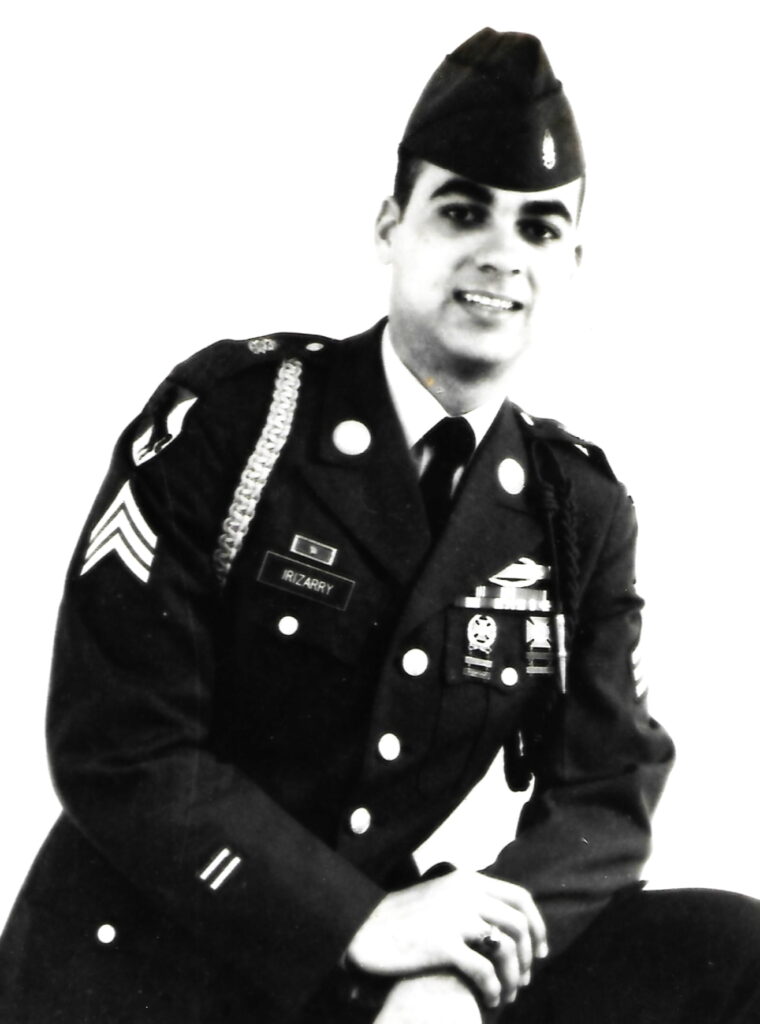
Well, I am an American citizen. To enjoy the benefits of citizenship, you have to accept the responsibilities. So when Uncle Sam called, I answered.
Whether you were in the service for several years or as a career, please describe the direction or path you took. What was your reason for leaving?
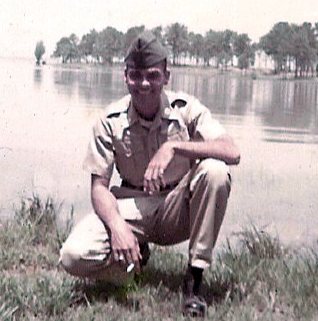
I spent two years (1966-1968) in the Army as a draftee. When they called me, I was studying my third year at the College Of Agriculture And Mechanical Arts (CAAM) in Mayaguez, PR. This was an engineering school in Puerto Rico. Most of my friends were drafted or volunteered in the Army, and the majority served in Vietnam.
When I left Vietnam, I was assigned to FT Dix, NJ, to train troops as a Drill Sgt. I was a 19-year-old Sgt. The Battalion Commander called me and offered me an NCO Academy if I reenlist for three years. Once I finished the academy, I would be a 20-year-old Staff Sgt., Or I have an alternative to be sent to the OCS school to become an officer.
I was so happy that I called my friends and family to tell them about my future plans. Before I finished my two years of service, my mother got ill. She was living alone in PR, so I left the Army and went back to college to finish my BBA and MBA degrees at the Interamerican University in PR.
If you participated in any military operations, including combat, humanitarian and peacekeeping operations, please describe those which made a lasting impact on you and, if life-changing, in what way?
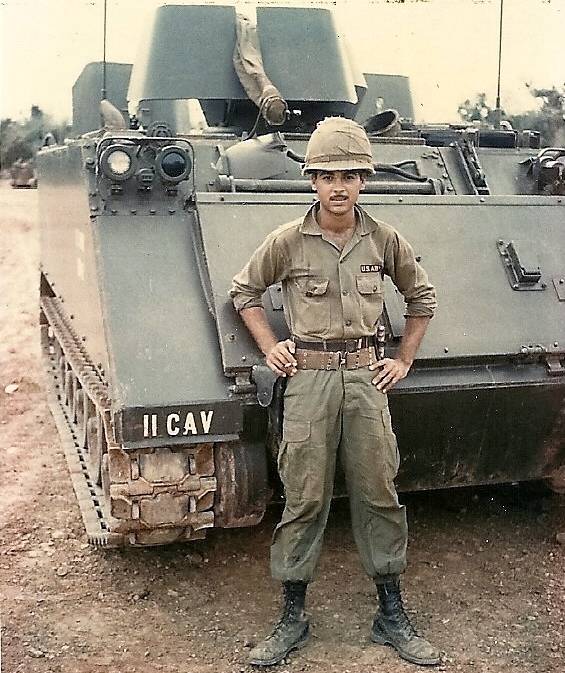
I participated in The Vietnam Counteroffensive Phase II and Counteroffensive Phase III. Operations like The Iron Triangle, Atlanta, Junction City, Cedar Falls, Kittyhawk, Manhattan, Hoodriver, Benton, and other missions I can’t remember, like entering Cambodia to block the Ho Chi Min Trail pass. Those were the combat missions in which I remember participating. We also provide combat support for army units like the Korean White Horse Division, 25th Infantry Division, 9th Infantry Division, 1st Infantry Division, 196th, 198th,199th Light Infantry Brigades, and others for search and destroy. Missions.
All were combat missions that, in any other way, would impact a young kid from a very small, peaceful town in PR. For example, in one of those missions, specifically a search and destroy mission, a little pregnant woman faced us with a weapon and wounded one of our brothers. The Sergeant told me to shoot & kill the Vietcong woman with my M-60. I could not shoot the woman, so I and a brother-in-arms took her prisoner.
Other combat situations include killing people I don’t know or who they were, seeing brothers being killed or dead, brothers hanging by the neck in the trees and stepping on land mines or booby traps. All these experiences change your life, especially when you are less than 21 years old. In all the combat missions I participated we killed more than 4,000 enemies. We lost over 400.
Did you encounter any situation during your military service when you believed there was a possibility you might not survive? If so, please describe what happened and what was the outcome.
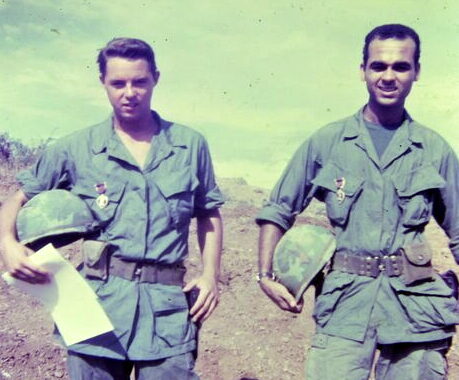
On March 24, 1967, the E-Troop, 2nd Squadron 11th ACR of the Blackhorse Regiment, was mine sweeping Highway 13, known to the troops as Bloody 13, so the 9th Infantry Division could enter Vietnam. I spent more than four hours minesweeping the Highway. The first two hours used the mine detector to detect where the mines were, the third hour pulled out the mines found using the bayonet, and the fourth hour as a guard to the mine sweeping team.
After I finished my four hours, I went to the ACAV (Army Cavalry Assault Vehicle) to lunch. Behind the Track was the Bulldozer that was cleaning the Highway of trash and dirt after we cleared the mines. For this job, we only use a steel pot and a fragmentation jacket as protection.
When I was on the Track eating my lunch, the Bulldozer hit a landmine, which was missed by the mine sweeping team, throwing the impact over my friends and me. The mine hit me on my back and sent me about fifty feet in front of the vehicle. I was knocked out cold. When I woke up, I had been unconscious in the hospital for about four or five days. I have been wounded in my hands, arms, and neck. I had been urinating blood for the last four days before I was sent back to the combat zone of the Blackhorse Regiment. This was my first PURPLE HEART.
After that, about two or three months later, I went on a night ambush patrol in the Xuan Loc area. During the patrol, somebody hit a bobby trap. The Viet Cong and NVA opened fire on us, and we were ambushed. We opened fire and broke the ambush. The firefight lasted for about an hour. My Sergeant and other brothers were dead or wounded when the firefight ended. When I stand up, I feel my legs wet. When I looked, I found that I had a wound on my knee and in the back of my leg. They called helicopters and took us to the base and the hospital. When we got to the hospital, they took care of my wounds. Three or four days later, my knee started turning yellow/green color. I went to the hospital, and they found a piece of shrapnel moldy inside my knee that was an oversight by the medics before. It was so bad that the doctor told me about the possibility of amputating the leg if they could stop the infection. The treatment worked, and everything was ok. This was my second PURPLE HEART.
There were other combat situations in which I thought I was going to die in Vietnam. Thanks to Staff Sergeant Rodriguez, In Basic Training, he was a Korean and Vietnam Veteran, he told us, “Accept that you will not get out of Vietnam alive; you will die in Vietnam; if this is what is going to happen, then why are you going to worry about getting out alive. If you worry about getting out alive, you will make mistakes that will lead to death.”
Of all your duty stations or assignments, which one do you have fondest memories of and why? Which was your least favorite?
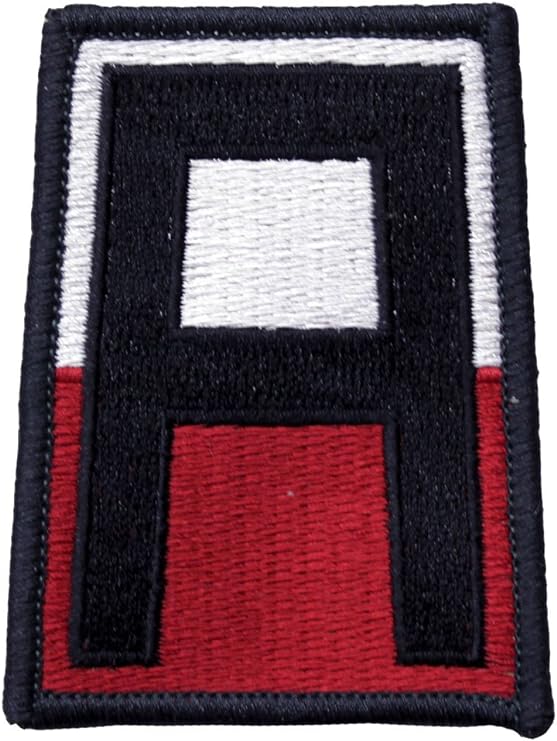
From all duty assignments, the fondest memories were at FT Dix, NJ, as a Drill Sgt. I started to remember my first days in the Army. Having been through this process before, I know the life experience of being where they would be sent and teaching them the reality of the Vietnam War.
When I went to basic training and AIT, most of the Sergeants were from the Korean War. They didn’t have the Vietnam War experience, which was a big difference compared to the Korean War. I felt that I was helping them by providing life experiences that would help them to be back from Vietnam.
Also, it was sad because I also knew what they were going to face once in Vietnam if they were wounded or saw their buddies wounded or killed. The first firefight is always awful, lost, disoriented, confused, people screaming, scared, etc. The first kill is awful doing something for the first time that goes against your morals and Christian beliefs in your short-lived existence.
From your entire military service, describe any memories you still reflect back on to this day.

The first time we were ambushed, I saw some of my brothers wounded or dead. And since then, every time we get somebody killed. One time, we were ambushed at night, and I got lost for two or three days; when found by a 1st Infantry Division patrol, I returned back to my unit.
What professional achievements are you most proud of from your military career?
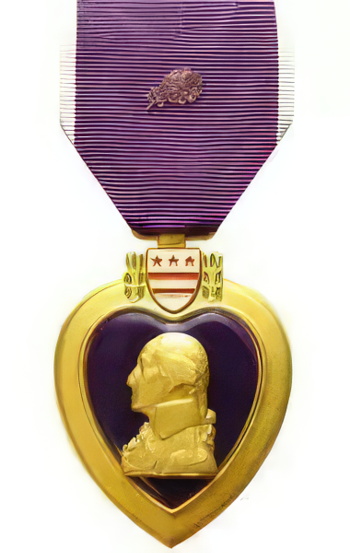
I was classified in my military service as an excellent top performer and a Drill Sergeant at the age of 21 years. All the promises made by the Army if I reenlist for three more years. The reenlistment code RE-Code One, and the Honorable Discharged for active and reserve service.
Also, the two Purple Hearts and the Combat Infantry Badge.
Of all the medals, awards, formal presentations and qualification badges you received, or other memorabilia, which one is the most meaningful to you and why?
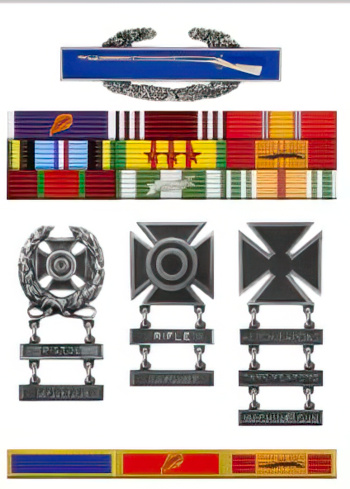
All of them, because each one of them has the same meaning for me: God, Honor, Duty, and Country. In one way, all of them took me to the limit of what I am today.
Which individual(s) from your time in the military stand out as having the most positive impact on you and why?
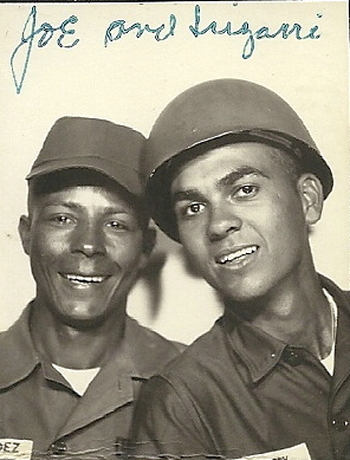
Staff Sergeant Rodriguez at Fort Gordon, GA. He was a Korean War and Vietnam veteran with close to 20 years in service. He told me how the Vietnam War was, what to expect when I got there, how to behave on night and day patrols, what to do If I get scared, and that everybody gets scared in a firefight; the difference is how do you behave and try not to leave anybody behind. That we have a 50% to 50% chance to be back alive. he was a good soldier but also a better human being. His famous phrase, ” You are not coming alive from Vietnam; you will be killed there; if that is what is going to happen, then why are you worried about staying alive? If you are worried about being killed or staying alive, you will make mistakes that will cause you death.”
List the names of old friends you served with, at which locations, and recount what you remember most about them. Indicate those you are already in touch with and those you would like to make contact with.
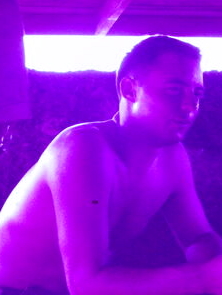
The type of mechanized infantry that we were allowed us to always be together. The groups began with the number of vehicles assigned to us. In my case, the E30 ACAV. The E means the Troop, the 3 means the platoon, and the 0 means the vehicle number. We were a very united group because, in addition to our combat and non-combat missions, we were called to provide support to the different infantry units in Vietnam within the four corps into which Vietnam was divided. I Corps, II Corps, III Corps and IV Corps. How is it possible that if we always had the camp near Saigon, we never went to the city? Simple, we were always in the jungle.
Unfortunately, I have not been able to maintain contact with any of them. The list of the closest group was:
- Edwards Archlet (Fallen) SP/4
- Bonilla Ortiz, Vicente PFC
- Cunningham, David Carson SP/4
- Dallas, James E. SP/4
- Davila, Juan SSGT
- Behind Lorenzo E. SP/4
- Fernandez, Francisco SP/4
- Garcia, Valdivia K. SP/4
- Jenkins, Wesley E. SSGT
- Johnson, Larry D. SP/4
- Lindley, Martin B. PFC
- Medina Gonzalez, Victor SP/4
- Reyes, Wilfredo SP/4
These are the ones I remember by name, although we were many more. The only contact I could make was Detres, Lorenzo, and I contacted him by phone but then lost touch again.
Can you recount a particular incident from your service, which may or may not have been funny at the time, but still makes you laugh?
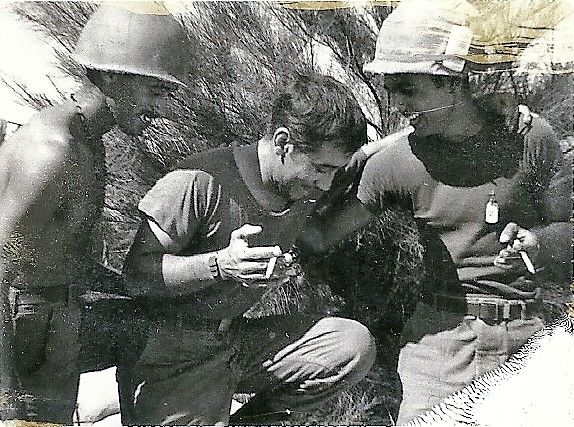
Yes, there was a case in which we arrived from a very dangerous mission in which we even lost some friends in combat. The next day, we decided to meet, have some beers, and listen to music together. We spent the whole afternoon drinking beer and listening to music; at that moment, the South Vietnamese Army called us to support them in an emergency mission, and when the Sergeant arrived where we were, he found us drunk, and we couldn’t do the job. As punishment, we spent the next three days burning shit(shit detail) at the base camp all the time. This was a job we had never done before. We were the laughingstock of the crew for a long time.
What profession did you follow after your military service and what are you doing now? if you are currently serving, what is your present occupational specialty?
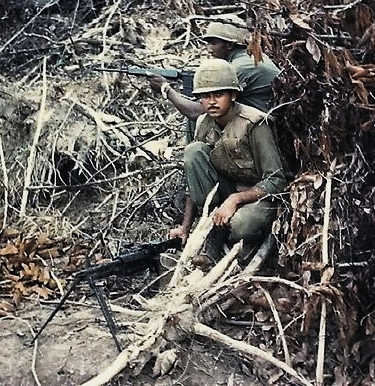
Once I left the Army, I returned to the university, finishing my Bachelor’s in Business Administration and my post-graduate school, a Master’s Degree in Finance. Then, I followed the Financial and Administration Field and the Sales & Marketing area as a Digital Security Consultant for the last few years. Today, I am retired.
In short, I started working in the university system as a Bursar of Regional Colleges, Assistant Dean of Administration for financial and administrative matters, Interim Dean of Administration, and Under Secretary for Teacher Retirement Systems. Sales and Marketing Manager and ultimately independent consultant. Very successful in these markets.
In summary, BBA, MBA. FI spent my first years in the administration field, then in the government’s public administration field, sales and marketing, and at the end, consulting services.
What military associations are you a member of, if any? What specific benefits do you derive from your memberships?
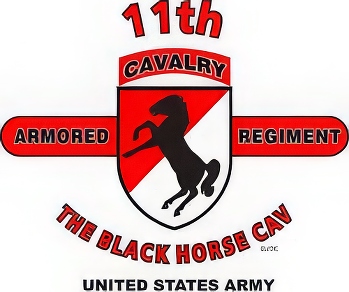
- Vietnam Veterans of America
- The American Legion
- The Combat Infantry Badge Association
- Military Order of The Purple Heart
- 11th ACVVC
- The Blackhorse Association
- TWS (Together We Served)
- AMVETS
- Vetfriends
- Veterans Advantage
Benefits include different types of discounts, trips, national parks, electronics, etc. Support in the claims to VA. Find fellow veterans. And more.
In what ways has serving in the military influenced the way you have approached your life and your career? What do you miss most about your time in the service?
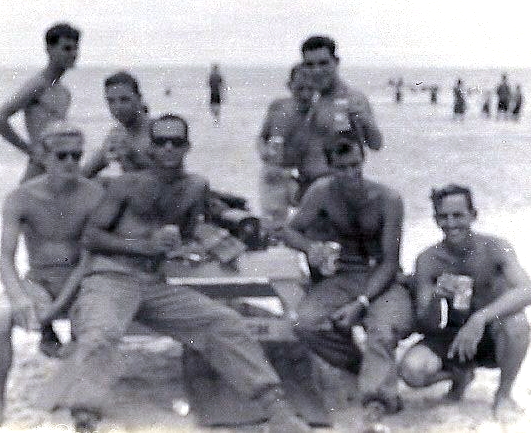
I was nineteen when I entered the service and had two years of college in an engineering department. I had been an honor student since high school. When I entered the service, I had no idea which course to take, and I was pretty indisciplined. When I entered the service, military discipline began to teach me that I had to change the course I was taking because it wasn’t going to take me anywhere. I accepted the military system and started to improve my life.
What I miss most about military life and service is the brotherhood that develops, especially with the comrades you’ve been with in combat. When I was a kid, my mother always told me, “All you need is two or three years in the Army, then you will see life in another way. We were four brothers, and two were combat veterans, Korea & Vietnam, and the other two were Cold War Veterans.
Based on your own experiences, what advice would you give to those who have recently joined the Army?

I don’t know what the Army is like nowadays. But I do know that the benefits you get after serving are much greater than what we got for service in my day, especially if, for some reason, you leave with a service-connected condition.
Another recommendation is that when you leave the service, immediately request your military and medical files. So you will know what was included in your military and medical files and what was not. Go to any Veterans Affairs office to guide you on the benefits to which you are entitled.
If you like the Army and are a good soldier, try to stay and retire; you will leave young with a pension that will avoid worries when you are old. This will give your family security; you can study for free and work despite your pension.
In what ways has togetherweserved.com helped you remember your military service and the friends you served with.
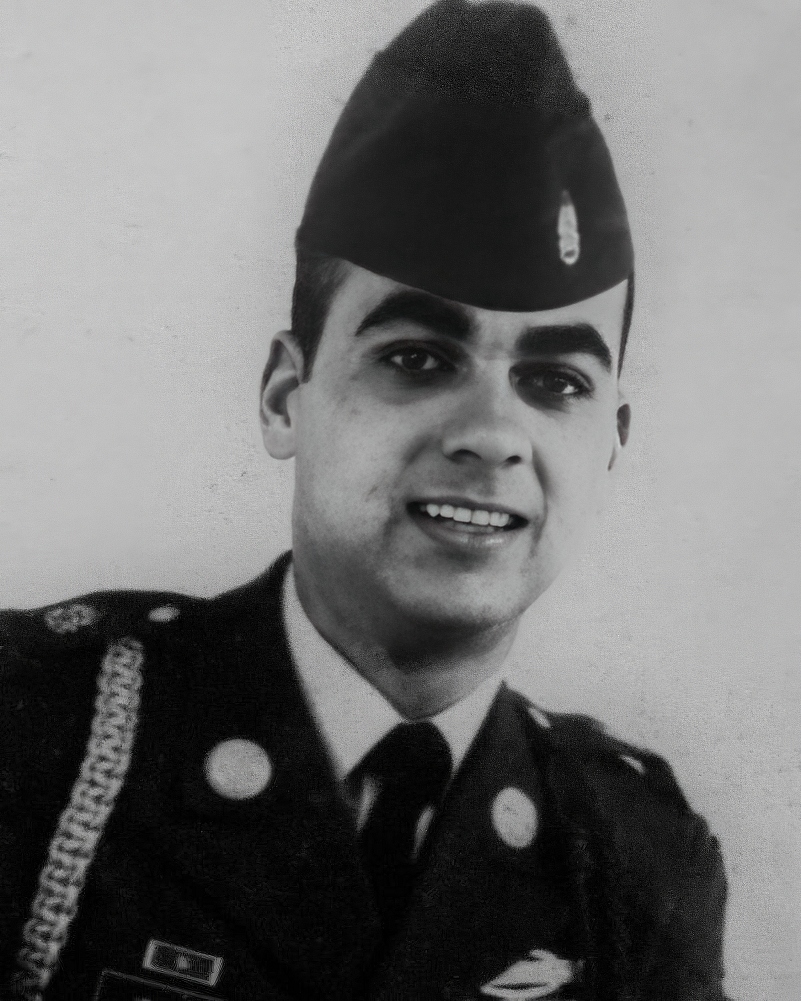
It’s a great place where you can write or summarize your military life and have a place to look up your comrades who served with you. Keep your military file for posterity, and verify which patches, badges, units, etc., you are entitled to use. Post photos that will allow other colleagues to see and communicate with you. Join this excellent site to post your military life for future generations to come. Join this excellent military site to post your military life for future generations to come.
PRESERVE YOUR OWN SERVICE MEMORIES!
Boot Camp, Units, Combat Operations
Join Togetherweserved.com to Create a Legacy of Your Service
U.S. Marine Corps, U.S. Navy, U.S. Air Force, U.S. Army, U.S. Coast Guard
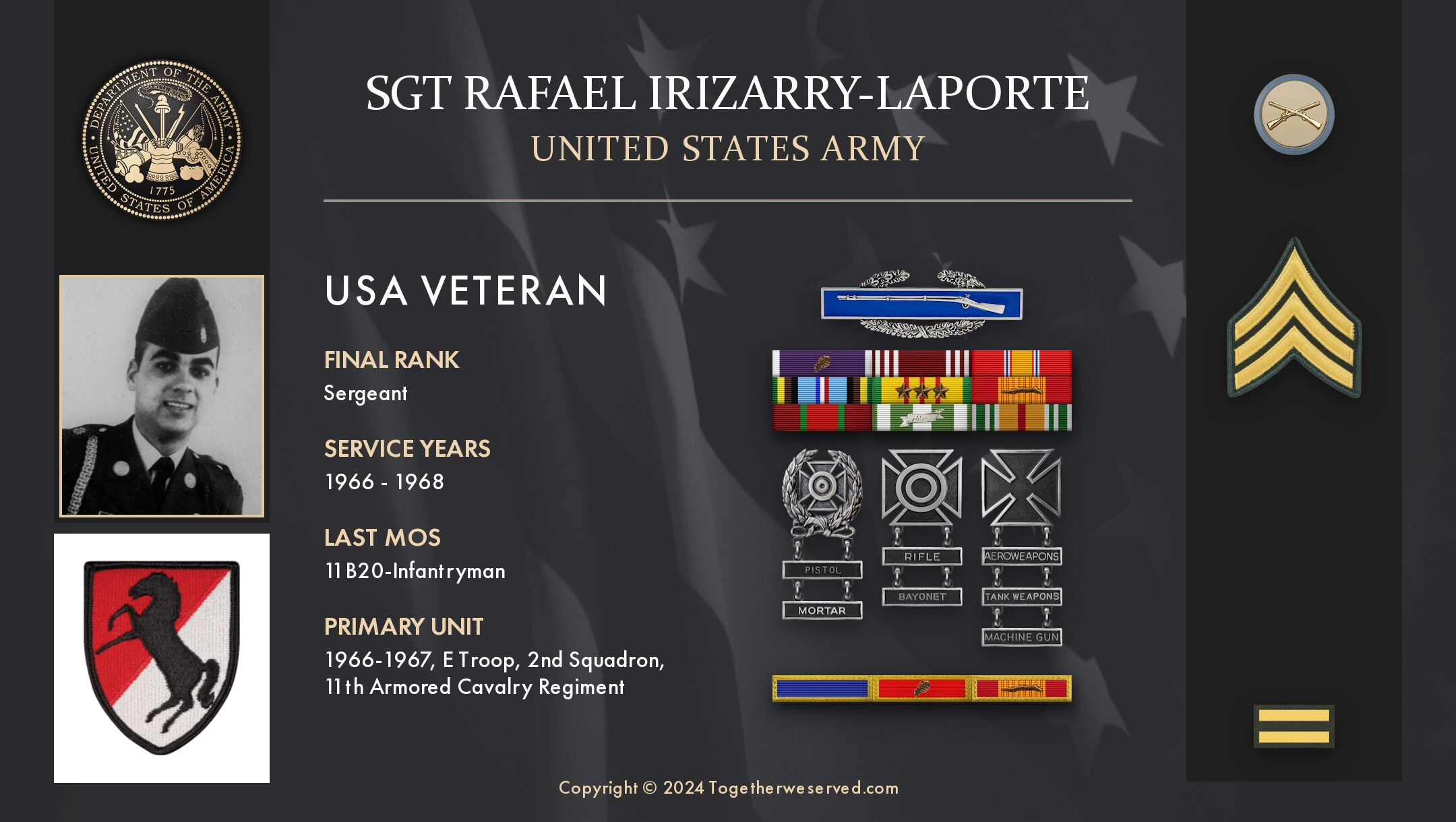
Dennis Thorp HHB 1st Field Forces 5th-27th artillery RVN 68-69 anyone else in my unit??
USCG was in Vietnam on patrol stopping trawlers and inspecting for arms. Got in a firefight during the Tet Offensive. Injured and retired, medically. Squa on III.